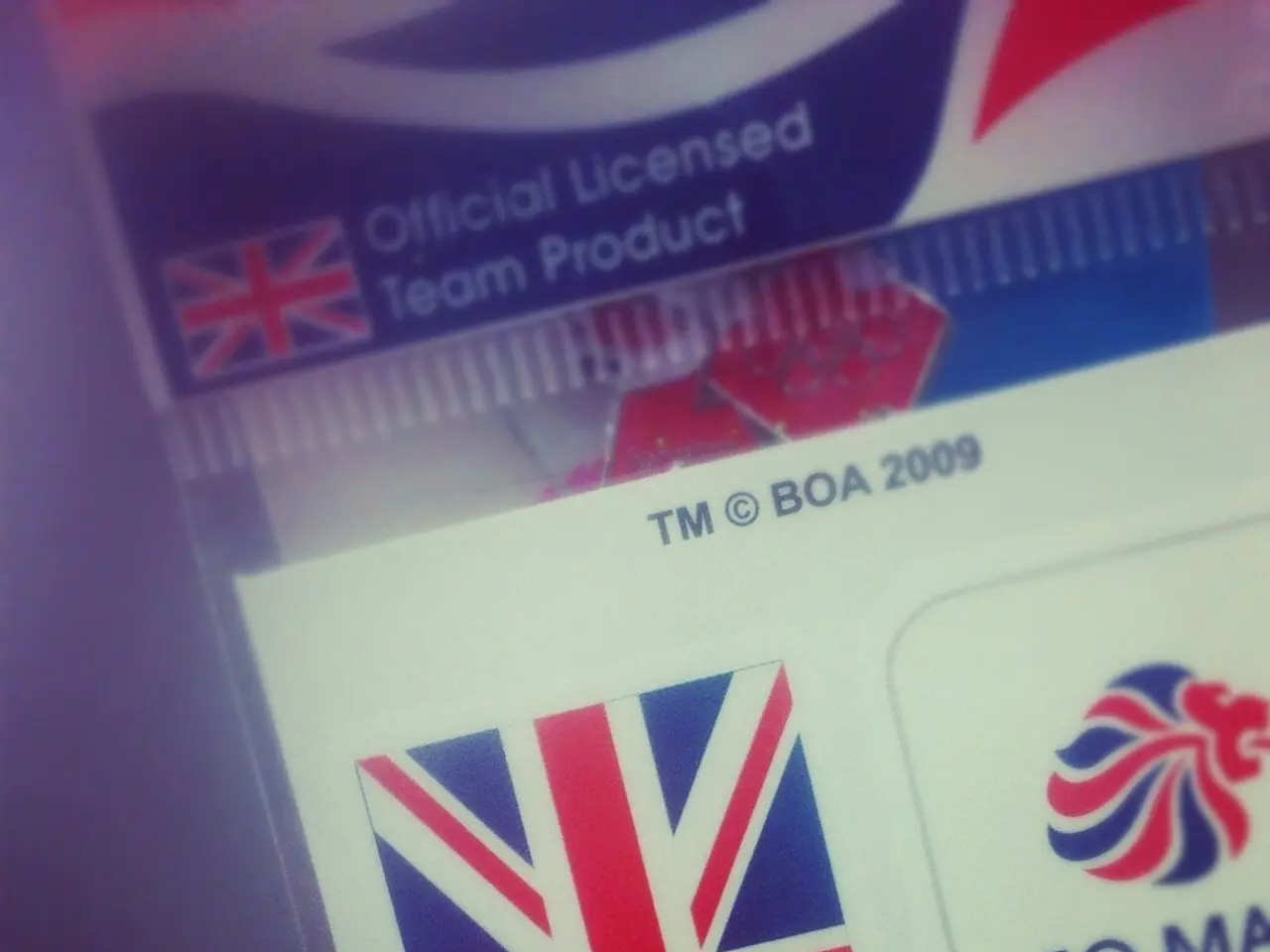Is it compulsory to acquire a Tax Identification Number (EIN)?
In the United States, the Internal Revenue Service (IRS) assigns a Federal Employer Identification Number (EIN or FEIN) to business entities. This unique nine-digit federal tax identification number is crucial for various communications, filings, and tax obligations.
For foreign-owned U.S. business entities, including Limited Liability Companies (LLCs) and corporations, the IRS has specific rules regarding obtaining and using an EIN.
Foreign-owned LLCs and entities must obtain an EIN by submitting IRS Form SS-4. This EIN acts as the primary IRS identifier for all communications, filings, and tax obligations. The Form SS-4 must be signed by a "Responsible Party," defined as the individual with practical control over the entity's funds and assets. This person does not need a Social Security Number (SSN) or Individual Taxpayer Identification Number (ITIN) to apply, so non-residents without these identifiers can still obtain an EIN.
Entities such as foreign corporations, LLCs, partnerships, and sole proprietors that have employees or elect certain tax classifications must have an EIN. This number is essential for activities like opening U.S. business bank accounts, hiring employees, filing tax returns (including informational returns such as Form 5472 for foreign-owned disregarded entities), and fulfilling federal tax obligations.
When filing Form 5472, which is mandatory for foreign-owned U.S. disregarded entities treated as corporations for tax purposes, the LLC’s EIN is a critical requirement, alongside detailed transaction reporting to the IRS.
Foreign owners who lack SSNs may also need to apply for ITINs for individual tax reporting purposes, but the EIN application itself does not require an SSN or ITIN.
In summary, foreign-owned U.S. businesses must obtain an EIN from the IRS via Form SS-4, regardless of whether the responsible party has an SSN. The EIN is necessary for tax filing, compliance with IRS reporting (including Form 5472), banking, and other business operations in the U.S. The IRS provides mechanisms to obtain EINs without U.S. social security numbers, enabling foreign-owned entities to comply fully with federal tax requirements.
It's essential to note that the rules for obtaining a new EIN vary depending on the specific circumstances of the business. For instance, partnerships may require a new EIN if they are taken over by one partner and operated as a sole proprietorship, or they end an old partnership and begin a new one. Similarly, corporations will need a new EIN if they are a subsidiary of a corporation using the parent's EIN, convert to a partnership or a sole proprietorship, or a new corporation is created after a statutory merger.
This article serves as a guide for foreign-owned U.S. businesses, helping them understand the process of obtaining an EIN and complying with IRS requirements. For more detailed information, it is recommended to consult the IRS website or seek advice from a tax professional.
The EIN, acquired through Form SS-4, plays a vital role in the communications, filings, and tax obligations of foreign-owned U.S. business entities, such as LLCs and corporations. As a primary IRS identifier, this unique number is essential for activities like opening U.S. business bank accounts, hiring employees, and filing tax returns, including informational returns like Form 5472 for foreign-owned disregarded entities.
Foreign-owned businesses in the United States must adhere to specific IRS rules when obtaining and using an EIN, as this number is crucial for business operations like compliance with IRS reporting and banking activities.



